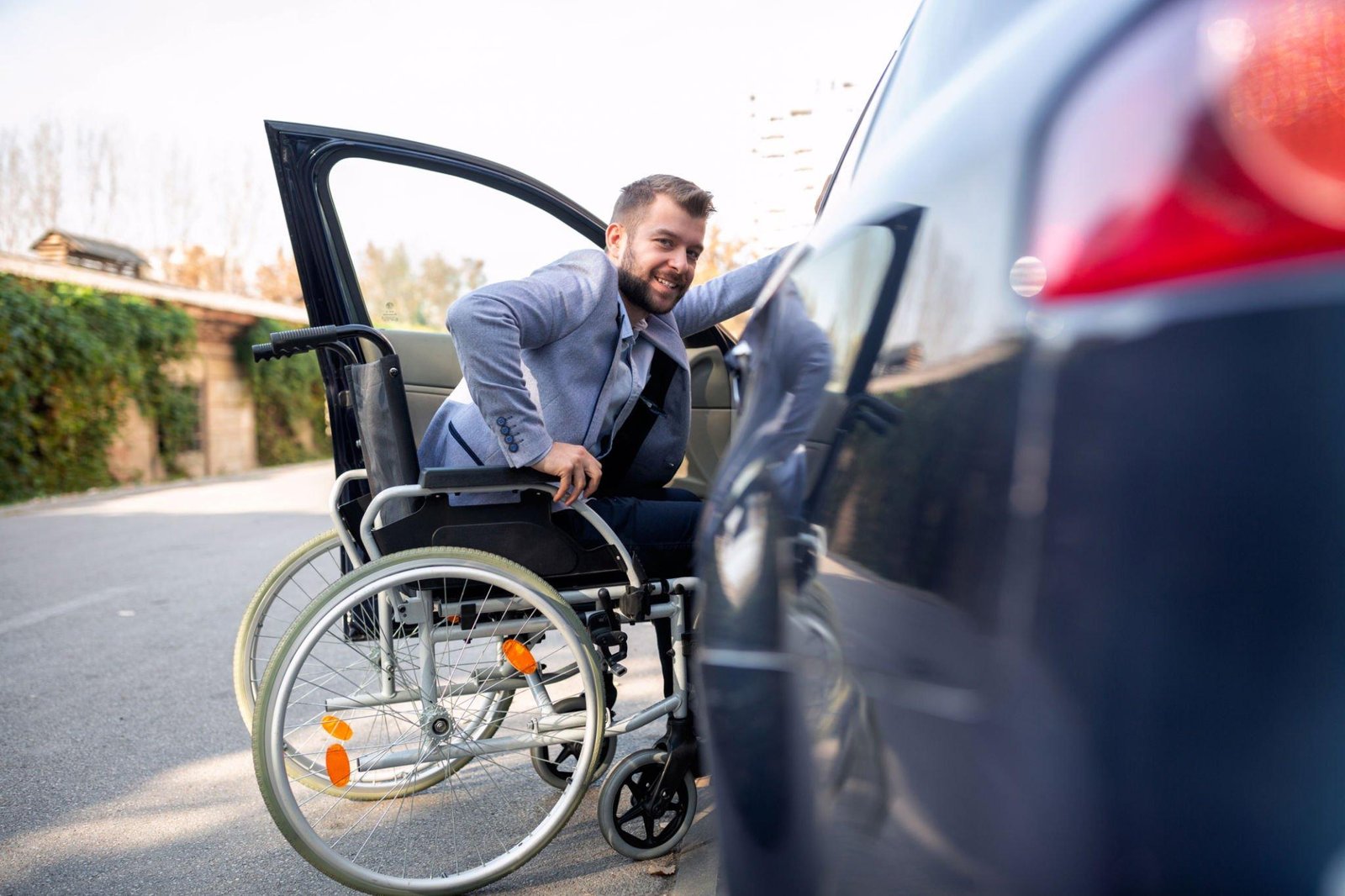Disabled Drivers--Stay Alert!
In this article, you will read our Top Tips for Disabled Drivers to Stay Alert and Safe on the Road. Driving can be a challenging task for anyone, but it can be especially difficult for those with disabilities. However, with the right precautions and strategies in place, disabled drivers can stay alert and safe on the road. HandicapDocs is a staunch advocate for the disabled and we believe handicapped people should enjoy the same freedoms and live their life to the fullest.
Why Disabled Drivers are at Greater Risk While Driving
Physical Limitations: Reduced muscle strength, slower reaction times, and limited mobility can hinder essential driving tasks like steering, braking, and accelerating. For example, if you are handicapped with a knee injury, you may not be able to press the brake and stop.
Cognitive Impairments: Conditions affecting memory, decision-making, and situational awareness can compromise driving safety. This could be due to the use of required medications. If you are using narcotic pain medications, don’t get behind the wheel!
Vehicle Modifications: While helpful, adaptations may not fully compensate for disabilities and can introduce new challenges.
Medical Conditions: HandicapDocs has patient cases with ongoing health issues that can lead to unpredictable symptoms or sudden medical emergencies such as lightheadedness, vertigo, or seizures while driving.
Here are Some Tips to Help
1. Make sure your vehicle is equipped with the necessary adaptations and modifications. These can include hand controls for braking and acceleration, pedal extensions, and special mirrors or seating arrangements. Having these adaptations in place can help you feel more comfortable and in control while driving.
2. Plan your route in advance. This can help you avoid busy roads and unfamiliar areas, which can be stressful and potentially dangerous. It can also help you anticipate any challenges or obstacles you may encounter along the way.
3. Take breaks as needed. If you feel tired or overwhelmed while driving, it’s important to take a break and rest. This can help you stay alert and focused on the road.
4. Stay hydrated and well-nourished. Dehydration and low blood sugar can both affect your ability to concentrate and react quickly. Make sure to drink plenty of water and eat healthy snacks while driving to help maintain your energy levels.
5. Use assistive technology. There are many devices and technologies available that can help disabled drivers stay safe on the road. These can include specialized GPS systems, hands-free phone devices, and backup cameras.
6. Practice good driving habits. This includes things like using your turn signals, checking your mirrors frequently, and maintaining a safe following distance. These habits can help you stay aware of your surroundings and anticipate any potential hazards.
7. Never start a new medication or use narcotic pain medication and get behind the wheel of a car.
By following these tips, disabled drivers can stay alert and safe on the road. It’s important to remember that driving can be a challenging task for anyone, and it’s okay to ask for help or take breaks as needed. With the right precautions and strategies in place, disabled drivers can confidently navigate the roads and arrive at their destination safely.


